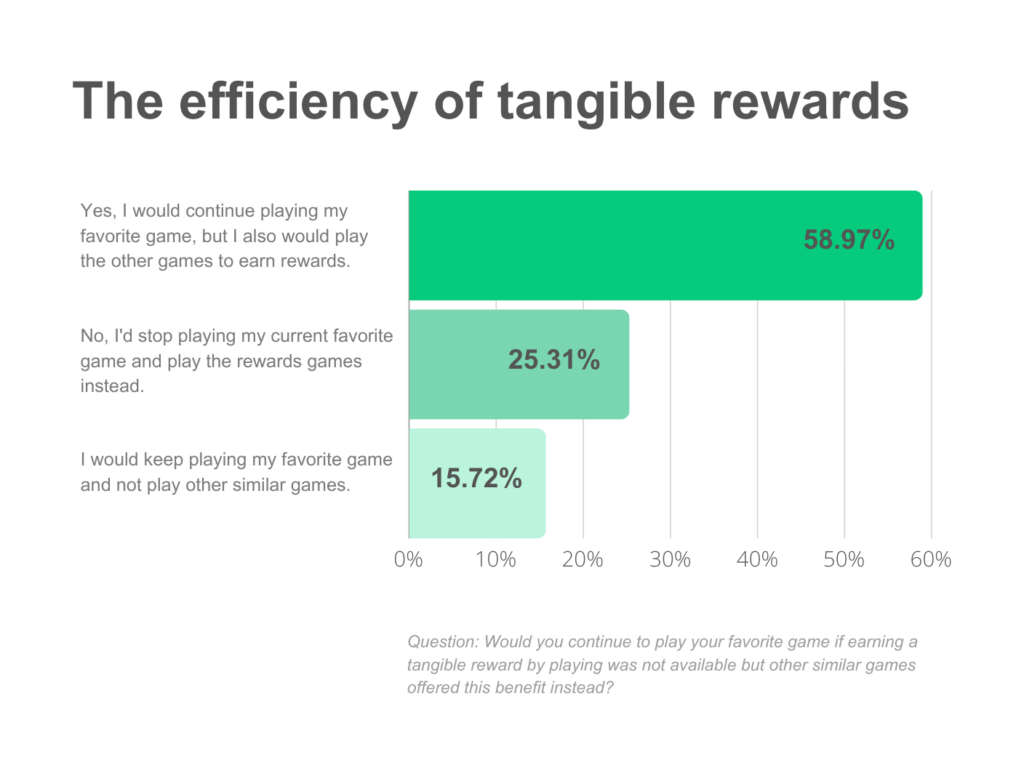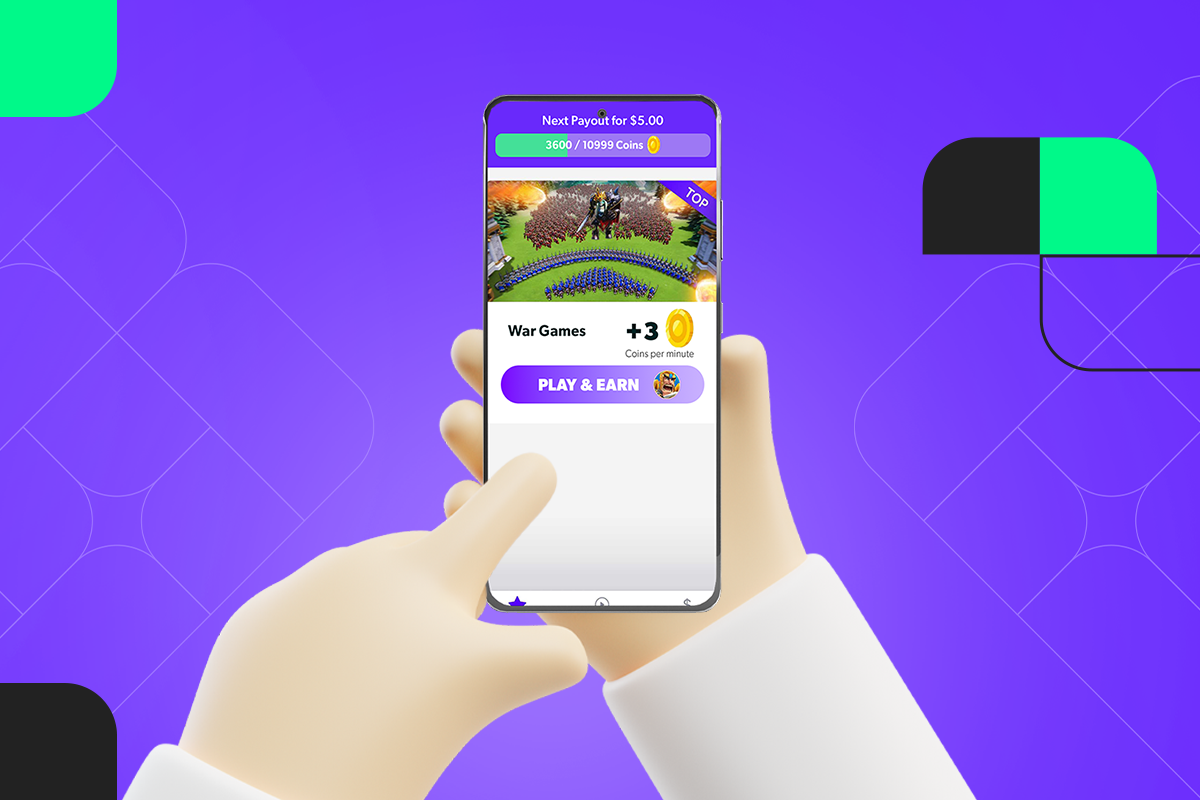Developers in the dynamic field of mobile gaming are constantly looking for innovative strategies to captivate players and drive substantial revenue. AppSamurai’s Rewarded Playtime model, also known as Play-2-Earn, offers a multifaceted approach to extend gameplay, increase lifetime value (LTV), and improve earnings. Here’s how this revolutionary model turns players into champions while maximizing the growth of mobile games.
What is Rewarded Playtime?
Extending Gameplay
Developers can significantly increase player retention by offering rewards tied to gameplay duration. This extension of gameplay is not just about keeping players glued to their screens; it’s about crafting immersive experiences that become an integral part of a player’s daily routine.
Elevating Lifetime Value (LTV): From Players to Champions
LTV is crucial to the success of any mobile game. The model operates on a positive feedback loop. As players evolve into champions, they are more likely to spend on in-app purchases. The longer they play, the more invested they become in the game’s ecosystem, making them more willing to spend on virtual items, upgrades, or exclusive content. This streamlined connection between gameplay and purchases simplifies the process of scaling mobile games.
Getting Started with Rewarded Playtime
As enticing as the Rewarded Playtime model may sound, effective implementation is key to unlocking its full potential. Here are some insights the expert growth consultants in AppSamurai utilize to make the most out of campaigns.
1. Understanding Your Player Base
Before diving into implementation, we take the time to understand your player base. Analyze player demographics, preferences, and playing habits. This information will guide us in tailoring rewards that resonate with your audience, ensuring maximum engagement.
2. Design Engaging Rewards
Rewarded Playtime’s success depends on the appeal of its rewards. We collaborate with your team to create incentives that excite and motivate players while focusing on your goals.
Say that in your game, extra content is unlocked after level 5, and you want as many players as possible to finish that level and be introduced to content that will keep them engaged even more. In this case, Rewarded Playtime comes into play with an offer for completing level 5 to boost engagement extend gameplay, consequently increasing LTV and retention.
Did you know?
According to the Mobile Gaming Loyalty by Mistplay, 84% of mobile gamers say they will include games that offer tangible rewards in their game rotation – or switch to those games altogether.
The study also found that one in four players would stop playing a previous favorite if the new game offered tangible rewards like gift cards.

Source: Mistplay
Case Study: Realizing Success with Rewarded Playtime
Unico Studio’s popular title, ‘Zen Life’ is one of the most popular puzzle games with 500K+ downloads and MAU of 100K+ across iOS & Android platforms. As eCPMs continue to rise, it’s getting harder to acquire high-quality users with good LTVs. This is why Unico Studio partnered with AppSamurai and utilized the power of Rewarded Playtime campaigns. Here’s what they achieved:
- 125% ROAS
- 15% revenue growth via In-App Purchases (along with the revenue generated from in-app ads.)
Click here to read the full case study!
Final Thoughts
In the dynamic mobile gaming world, AppSamurai’s Rewarded Playtime stands out as a revolutionary model. Using the model, you can segment your audience, tailor rewards to their preferences, and reach a diverse audience. With insightful case studies showcasing the model’s success, Rewarded Playtime emerges as a powerful strategy for developers seeking to transform player engagement into lasting financial success.



